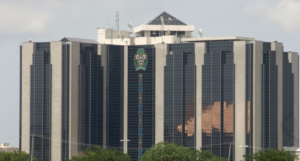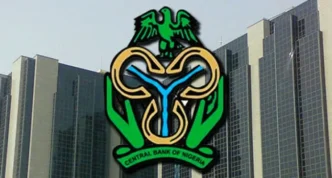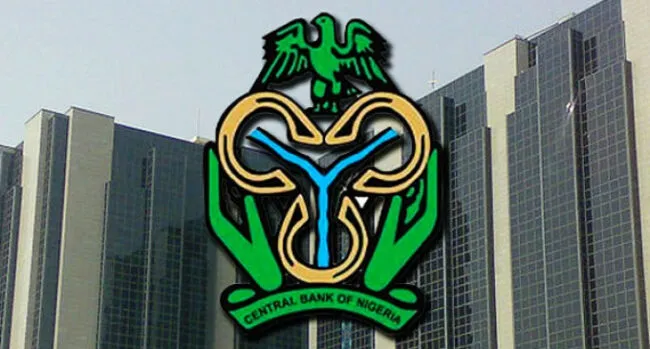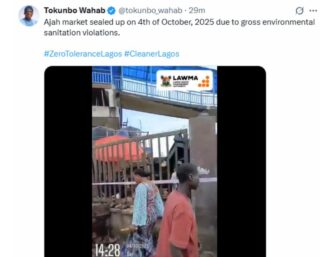The Central Bank of Nigeria (CBN) has announced sweeping reforms to the Nigerian fixed-income market.
According to a memo issued by Okey Umeano, Acting Director of the Financial Markets Department, the first phase of the reform will kick off in November 2025.
At this stage, the apex bank will take full control of the settlement process and trading platform for fixed income transactions.
“This transition will enable the CBN to assume direct responsibility for the management of the trading platform and handle end-to-end settlement activities under the Bank’s established settlement system for financial market transactions,” the statement read.

The central bank emphasized that the reforms will be implemented in stages to prevent market disruption.
Stakeholders such as the Financial Markets Dealers Association (FMDA) are expected to work closely with the regulator to ensure a smooth transition.
Moreover, the apex bank noted that the overhaul forms part of broader financial market reforms aimed at strengthening market integrity, unifying oversight, and giving regulators full visibility of all fixed income transactions.
Fixed income refers to financial instruments where issuers pay investors a fixed return over a set period.
Nigeria’s fixed income market includes government bonds and treasury bills, which are critical in managing liquidity and raising funds.
By assuming direct responsibility for settlement and trading oversight, the CBN believes it can streamline operations, boost investor confidence, and curb systemic risks.
Meanwhile, fresh data shows that Nigeria’s broad money supply rose to N119.52 trillion in August 2025, up from N117.4 trillion in June and N107 trillion in August 2024.
Although market players are still absorbing the announcement, some analysts see the reform as a decisive step towards making Nigeria’s debt market more transparent and attractive to foreign investors.













